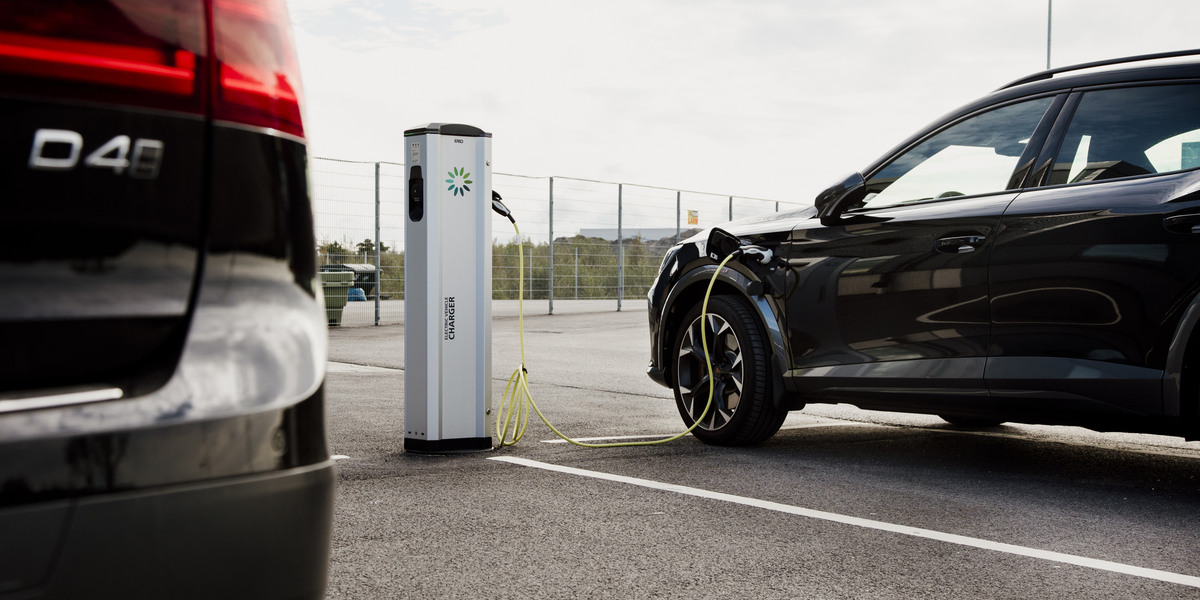A new regulatory framework for a more sustainable vehicle fleet came into force on 13 April
In the summer of 2023, the EU took a major step towards a greener and more sustainable future when the European Council adopted the Alternative Fuels Infrastructure Regulation (AFIR). This agreement marks an important milestone in efforts to transition the transport sector and accelerate charging infrastructure expansion across Europe.

AFIR is a central part of the EU’s regulations and establishes clear guidelines for all member states. The regulatory framework includes mandatory national minimum targets for the expansion of infrastructure for alternative fuels and urges all EU countries to present detailed plans for achieving these targets. Here are a few of the most prominent aspects of the directive:
- Passenger vehicle charging stations must be found at least every 60 kilometres on the core and comprehensive networks of the Trans-European Transport Network.
- Truck charging stations must be found at least every 120 kilometres on the same networks.
- Customers must have easy access to clear information about charging prices.
A key objective of the AFIR agreement is to ensure that the number of charging stations is expanded for both passenger vehicles and trucks by 2030. In addition, the agreement establishes requirements for charging post providers. It should be easy for customers to pay and the pricing information must be clear and transparent so that customers can easily compare prices and know what they are paying for.
Hopefully, this agreement will make it easier for European electric and hybrid vehicle owners to find charging stations and thereby reduce range anxiety. With more charging posts along the most important and busiest European roads, fossil-free travel will become more convenient for and accessible to everyone. AFIR sees the EU taking a major step towards creating more sustainable and accessible infrastructure, thereby supporting the transition of the transport sector and promoting a greener future.
